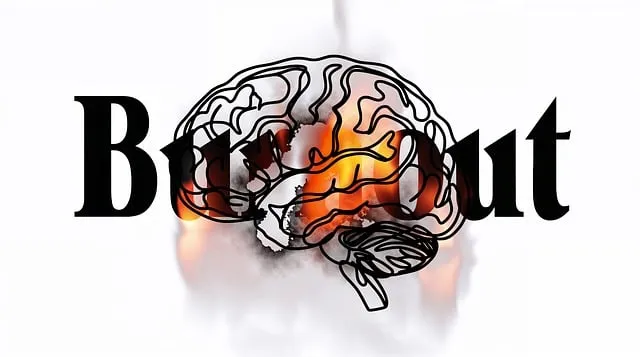The Boulder Kaiser Permanente mental health center emphasizes patient safety through comprehensive risk assessment, integrating mindfulness and structured self-care for professionals. Structured visiting hours promote stress reduction and emotional well-being for patients, while clear guidelines maintain a respectful and calming environment. Prioritizing self-care practices, including open communication, stigma reduction, and workshops on resilience, creates a supportive culture benefiting both staff and patients at the Boulder Kaiser Permanente mental health center.
Mental health professionals, despite their noble work, face unique risks. This article explores essential risk assessment practices tailored specifically for Boulder Kaiser Permanente mental health centers. We delve into the significance of understanding these assessments and their role in ensuring patient safety. Furthermore, we discuss considerations regarding visiting hours at the Boulder Kaiser Permanente mental health center, offering strategies to enhance overall professional well-being and mitigate risks in this critical field.
- Understanding Risk Assessment in Mental Health Practices
- Considerations for Boulder Kaiser Permanente Mental Health Center Visiting Hours
- Strategies to Enhance Safety and Mitigate Risks for Professionals
Understanding Risk Assessment in Mental Health Practices

Risk assessment is a fundamental practice within mental health care, serving as a protective measure and quality control mechanism. For professionals at Boulder Kaiser Permanente mental health centers, understanding this process is paramount to ensuring patient safety and well-being during visiting hours and beyond. It involves meticulously evaluating potential hazards and implementing strategies to mitigate risks, encompassing both internal factors (like workload, personal history) and external circumstances.
By integrating mindfulness meditation techniques into their daily routines, healthcare providers can combat burnout prevention strategies, enhancing resilience and overall mental health. A structured self-care routine development is also crucial, promoting balanced lifestyles that sustain professionals’ ability to provide optimal care. This holistic approach not only benefits the mental health center’s reputation but also fosters a culture of compassion and excellence within its walls.
Considerations for Boulder Kaiser Permanente Mental Health Center Visiting Hours

At the Boulder Kaiser Permanente Mental Health Center, visiting hours play a crucial role in supporting patients’ emotional well-being promotion techniques and fostering a positive healing environment. Visitors are encouraged to adhere to scheduled visits, which allows for structured interactions that facilitate stress reduction methods. Maintaining consistent visiting hours ensures a calm atmosphere, beneficial for both patients and their support networks. This approach respects the privacy and dignity of each individual while also providing opportunities for meaningful connections.
Furthermore, considering the impact of self-esteem improvement, clear visiting guidelines help establish boundaries. Visitors are advised to be mindful of their presence, ensuring it enhances rather than disrupts a patient’s recovery journey. By promoting responsible visiting practices, the center prioritizes the overall effectiveness of mental health care, incorporating stress reduction methods that contribute to a holistic approach to well-being.
Strategies to Enhance Safety and Mitigate Risks for Professionals

To enhance safety and mitigate risks for mental health professionals, several effective strategies can be implemented. One key approach is to prioritize self-care practices among staff members. This includes regular breaks, structured work hours, and access to support networks both within and outside of the Boulder Kaiser Permanente mental health center visiting hours. Encouraging open communication and fostering a culture where seeking help is normalized can significantly reduce professional burnout.
Additionally, integrating Stress Reduction Methods and Community Outreach Program Implementation can create a supportive ecosystem. By offering workshops on stress management, mindfulness, and resilience, professionals can learn coping strategies to better handle challenging situations. Moreover, participating in Mental Illness Stigma Reduction Efforts helps foster an inclusive environment, benefiting both staff and the diverse patient population they serve.
Mental health professionals play a crucial role in fostering well-being, but they also face unique risks. Understanding risk assessment is essential for creating safe practices, especially at institutions like the Boulder Kaiser Permanente Mental Health Center. By considering specific visiting hours and implementing strategies to enhance safety, we can better protect these professionals while providing exceptional patient care. These measures ensure that the Boulder Kaiser Permanente mental health center remains a testament to innovative and supportive healthcare, where both patients and providers thrive.






